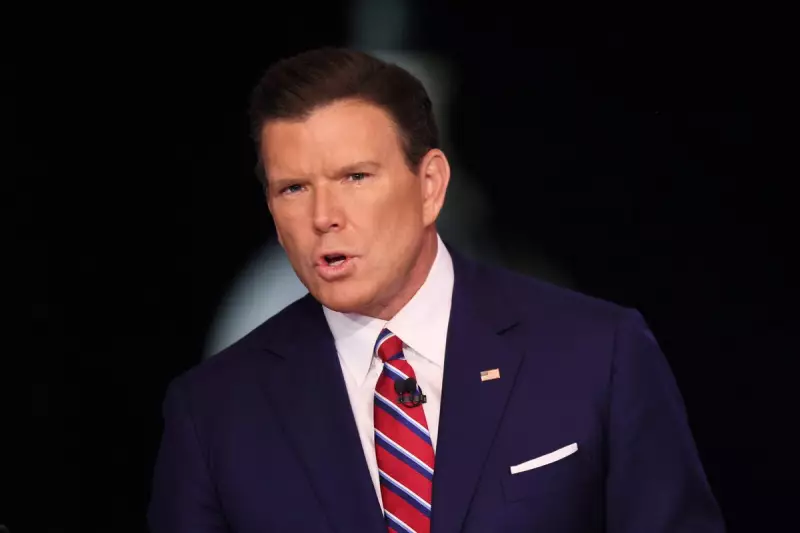
In a startling incident that has ignited a firestorm over press freedom, Fox News' chief political anchor Bret Baier was pulled over by law enforcement in the heart of Washington DC. The event occurred just blocks from the White House, a location thick with political tension.
The network has vehemently asserted that this was not a routine traffic stop. Instead, they frame it as a direct consequence of a newly implemented, aggressive 'zero-tolerance' policy towards demonstrations in the capital. This policy shift is widely seen as a reaction to directives from former President Donald Trump, who has been a vocal critic of the media and protests against his administration.
A Chilling Message to the Press Corps
The detention of a high-profile journalist like Baier sends a powerful and concerning message to the entire media landscape. While details of the exact reason for the stop remain under wraps, the implication is clear: anyone, even a leading anchor from a typically supportive network, can become a target.
This move is perceived by many commentators and First Amendment advocates as a tactic to intimidate and dissuave journalists from covering protests or political unrest. It raises profound questions about the ability of the press to operate freely and without fear of reprisal from law enforcement.
Blurring the Lines Between Security and Suppression
The so-called 'crackdown' ostensibly aims to ensure public order and security following periods of civil unrest. However, critics argue that the measures dangerously blur the line between maintaining safety and outright suppression of dissent and the free press.
The incident involving Bret Baier is likely to become a focal point in the ongoing national debate concerning the rights of the media, the limits of police power, and the influence of political rhetoric on law enforcement actions in the United States.





